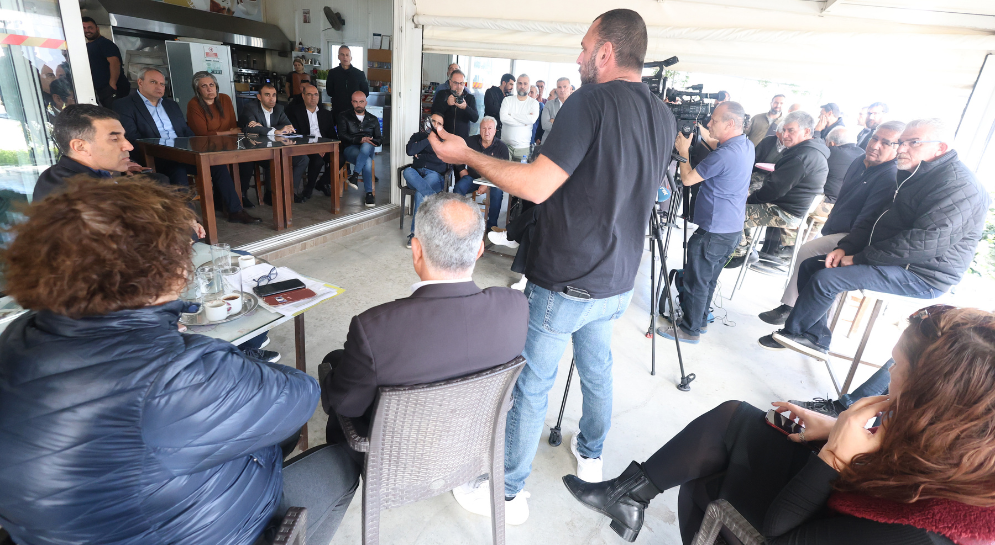
The government is indifferent to the interest rate increases – Article by Eleni Mavrou, AKEL Political Bureau member
Sunday 30 October 2022, “Haravgi” newspaper
A new 0.75% interest rate increase was announced by the European Central Bank on Thursday night, which means that interest rates in the Eurozone will rise by 2% in three months!
This is being done, according to the ECB, to ensure a timely return of inflation to the medium-term target of 2% although a study by the German Institute of Economics (IW) argues that Europe is currently “powerless against much of the current inflation”. After all, the ECB itself admits in its recent decision that inflation (which in September in the euro area stood at 9.9%) is still too high and will remain above the target for an extended period of time.
For the past year or so, soaring energy and food prices, problems in supply chains and the recovery in demand after the pandemic have been pushing inflation upwards. Russia’s invasion of Ukraine was the straw that broke the camel’s back.
The new realities create profits for the few and debts for the many, exacerbating social and economic inequalities. It is no coincidence that there is talk across Europe of taxing windfall profits. Only in Cyprus does the Anastasiades-DISY government insist that this will be discussed…sometime in the future!
Those of you who read yesterday’s analysis by K. Zachariou in “Haravgi”, saw that the 2% increase in Euribor leads to about 800 million euros of additional burden per year for households and businesses, but at the same time it leads to crazy profits for the banks and loan acquisition and management companies, given that they are expected to significantly increase their profit margins. We should note that households and businesses in Cyprus are already over-indebted compared to the euro zone area average. For households, the cost of borrowing to buy a house has reached 2.54%, compared to 2.26% in the euro area, and for enterprises it is 3.22%, compared to 1.86% in the euro area.
All this is taking place at a time when the government insists on leaving the primary home and small business premise of debtors with “red” loans unprotected. We are still waiting for the implementation of the “Rent versus Installment” scheme that the government has been promising for three years now, taking into account that the government’s “Estia” debt relief scheme has in the end covered just 1,049 borrowers. It remains to be seen what position the government will take towards the draft bill promoted by the parties of the opposition to extend the suspension of the foreclosures of primary and small commercial housing until 31 January 2023.
Raising interest rates is not a solution. Two things need to be done immediately:
At the international level, efforts should be intensified to find a solution to the stalemate surrounding the war in Ukraine.
In Cyprus, the government should at long last decide to generously support social stability and the incomes of small and medium-sized enterprises instead of hiding behind communication tricks regarding the installation of barbed wire.




